Latest News
- Parliamentary Committees Coordination: MPs Express Preferences F...
- Kuwait And UAE Strengthen Security Cooperation
- Ministries Link For Dues And Payments
- Kuwait MPs Introduce Ambitious Cooperation Roadmap With Prime M...
- Kuwait: Over 16,000 Travel Bans Imposed In Two Months
- Petrol Price Could Rise 20-25 Fils Per Liter
- Expat Driver Arrested For Vehicle Collision
- Kuwaiti Arrested For Opening Fire Near An Army Camp In Subhan
- Kuwait Is Ranked 88th Globally And 8th In The Arab World In The...
- Kuwait Hajj Pilgrims Must Meet Health Conditions Set By Saudi Go...
- EPA Crackdown On Unpasteurized Dairy Sales
- Kuwait Will Increase Fuel Prices By 25% In June
Don’t ‘reprieve’ Thieves By Asking Them To Swear

WHENEVER we talk about fighting corruption in Kuwait, we hear flowery words and glamorous slogans, but we don’t see corrupt people being referred to the judiciary. All that we hear are talks about draft laws and proposals, and the creation of bodies to deal with this huge file. In the end, all this contributes nothing to defeat this chronic disease of corruption.
In fact, when some people get referred to the special tribunal, we are usually surprised by the level of procrastination and interference of political forces and influential people, and the file is placed in the drawers to rot. This begs us to ask if this is the way to treat this terminal illness.
In the Gulf region, there was a successful treatment – the only one so far – that was adopted by the Saudi Crown Prince Mohammed bin Salman. He gathered information and reviewed the state budgets from 1980 to 2017, and discovered that about 10-15 percent of them were used as bribes and were squandered.
Almost all suspicious figures were detained at the Ritz-Carlton Hotel in Riyadh including princes and influential people. The Crown Prince told them, “This is what you earned illegally; so either you return what you took or go to prison.”
Through that process, the money returned to the Saudi Treasury was about one trillion riyals, between movable and immovable funds. Those who refused are still being pursued by judicial prosecutors, and others have gone back to practicing their normal lives after returning the looted money.
Since that time, the scenario in Saudi Arabia has changed. There are no cases of bribery or wastage of Saudi public money. Many projects are currently being implemented at their stated cost without any delay.
In Kuwait, we do not need all those laws that are usually booby-trapped in order to neutralize their effect and undermine their contents. This is due to the fact that there are people in the legislative institutions seeking to protect the corrupt who squandered the public money, and set up booby-traps in the prosecution document in a manner that allows the defense lawyer to undermine the trial and win the case.
There are projects that were endorsed since the 1980s, but until today, work has not been completed, such as the university city project in Shadadiyah which has turned into a twisted rope due to constant changes of orders.
Is it really reasonable that such a project which was approved in the year 1986 is still ongoing to this day?
Aren’t the reports of the State Audit Bureau overflowing with irregularities in all ministries? Why have they not been addressed? Or has it turned into a tool for parliamentary blackmail and a booby-trap to hunt some ministers who disagree with the desires of the MPs? Isn’t this the reason why we are still on the same issue?
There is no doubt that billions of dinars were plundered under the eyes of the authorities, particularly on road projects, which represent an annual custom that takes us back to square one every summer, and the electricity emergency file, which has been contaminated since 2007. We still wonder what happened to all of this.
We heard a lot about the scandals in the Ministry of Public Works, Ministry of Health, Ministry of Education, and Kuwait Municipality. His Highness the Amir, when he was the Prime Minister, had said, “The corruption in the municipality cannot be carried by two camels.”
In addition to this are the scandals related to the overseas medical treatment, a file that vaporizes the brain cells and has become one of the stories of the “One Thousand and One Nights” in terms of the details that indicate the squandering of public money. Even to this day, this file has not been properly addressed.
If the money spent in this aspect was allocated to health infrastructure projects and hospitals, Kuwait would have become a major destination for medical treatments not only in the Gulf region, but in the world. This begs us to wonder what the executive authority has done in this matter.
Has the money lost been recovered from those who looted it? Or has this file been kept in the shelves to collect dust of oblivion?
Currently, the media and social media are buzzing with financial scandals related to some local and abroad funds. There has been a lot of talks about this, and we are yet to see any serious steps being taken in this regard. However, why was there no oversight before falling into this predicament?
These questions and many others were posed by the people of this country to successive governments over a long period of time. They continue to ask them today to the current government, which has raised the slogan of fighting corruption as a top priority, with the hope that there will be a way out of this crisis.
Unfortunately, there is a popular adage that can be applied in this case in Kuwait – “Loose money teaches people to steal.”
On the other hand, if there was a sincere intention to hold corrupt people accountable, something that the current government must work on, necessary means would have been found. Probably, the best treatment for cauterization is to follow the method of Prince Muhammad bin Salman in collecting money from the corrupt after gathering them in one or two hotels and forcing them to return what they had looted.
Otherwise, there will be no serious treatment for corruption. As long as one is not afraid of punishment, corruption will continue, and Kuwait will continue to retrogress until the day comes when it will not be able to pay the salaries of its employees just like what is seen in a poor country. By then, it will be too late to regret.
O His Highness, the past and present experiences, the negative effects on the society, and the bitterness experienced by the people of this country remind us of the popular proverb: “They said to the thief ‘swear’ and the thief thanked for that reprieve.” Hence, we hope these thieves will not be reprieved by being asked to “swear” that they did not loot.
SOURCE : ARABTIMES
Trending News
-
 Eid Al Fitr 2024: Crescent Moon Not Sighted In Sau...
08 April 2024
Eid Al Fitr 2024: Crescent Moon Not Sighted In Sau...
08 April 2024 -
 Kuwaiti Cabinet Plans Public Holiday On April 4, 2...
01 April 2024
Kuwaiti Cabinet Plans Public Holiday On April 4, 2...
01 April 2024 -
 Kuwait Implements Home Biometrics Services Ahead O...
14 April 2024
Kuwait Implements Home Biometrics Services Ahead O...
14 April 2024 -
 MOI Urges Pre-booking For Biometric Appointments V...
02 April 2024
MOI Urges Pre-booking For Biometric Appointments V...
02 April 2024 -
 On Sunday, The Meteorological Department Warns Of...
07 April 2024
On Sunday, The Meteorological Department Warns Of...
07 April 2024 -
 When Will Eid Al Fitr 2024 Take Place In Qatar, Ba...
08 April 2024
When Will Eid Al Fitr 2024 Take Place In Qatar, Ba...
08 April 2024 -
 Winners Of Kuwait National Assembly 2024 Elections
06 April 2024
Winners Of Kuwait National Assembly 2024 Elections
06 April 2024 -
 Kuwait Airways Provides Update On Flight Schedule...
14 April 2024
Kuwait Airways Provides Update On Flight Schedule...
14 April 2024 -
 Transforming Kuwait's Public Transport: The Digita...
07 April 2024
Transforming Kuwait's Public Transport: The Digita...
07 April 2024 -
 Gathering For Eid Al-Fitr Prayers: Kuwaiti Citizen...
10 April 2024
Gathering For Eid Al-Fitr Prayers: Kuwaiti Citizen...
10 April 2024






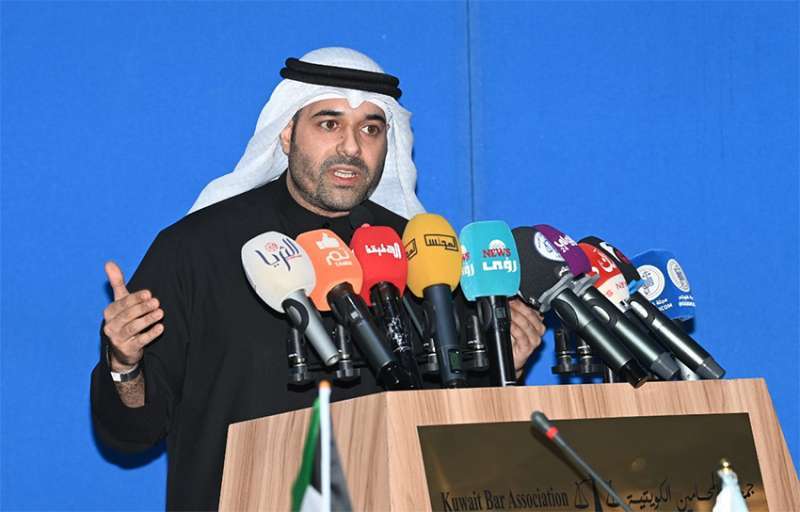
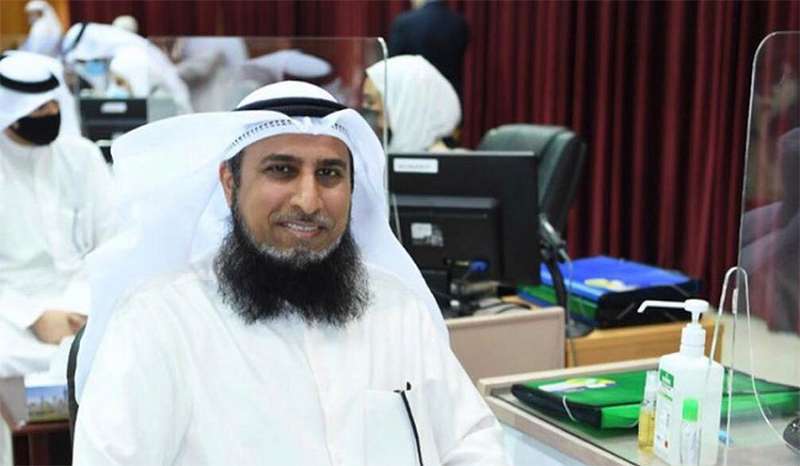
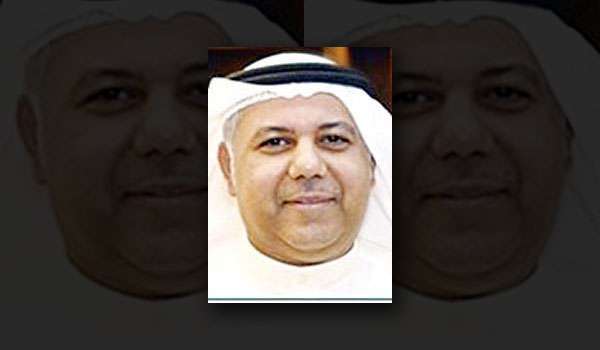
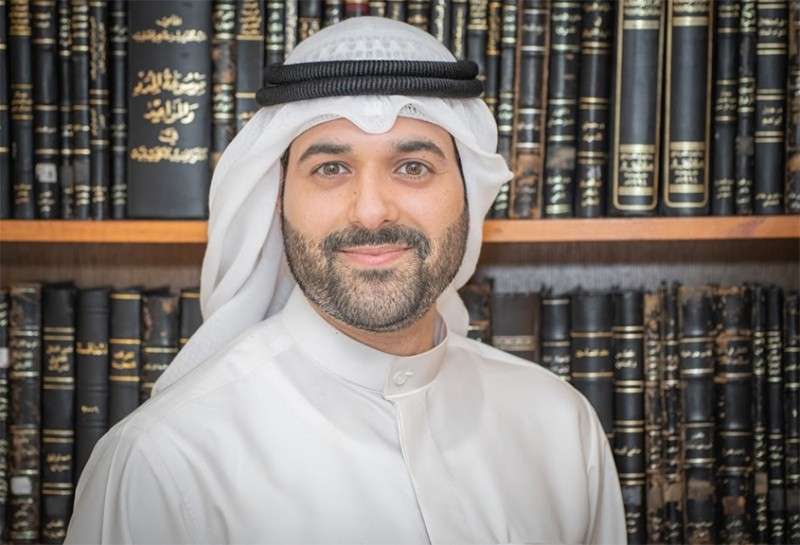

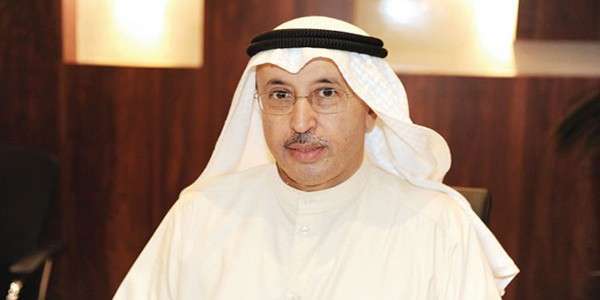
Comments Post Comment